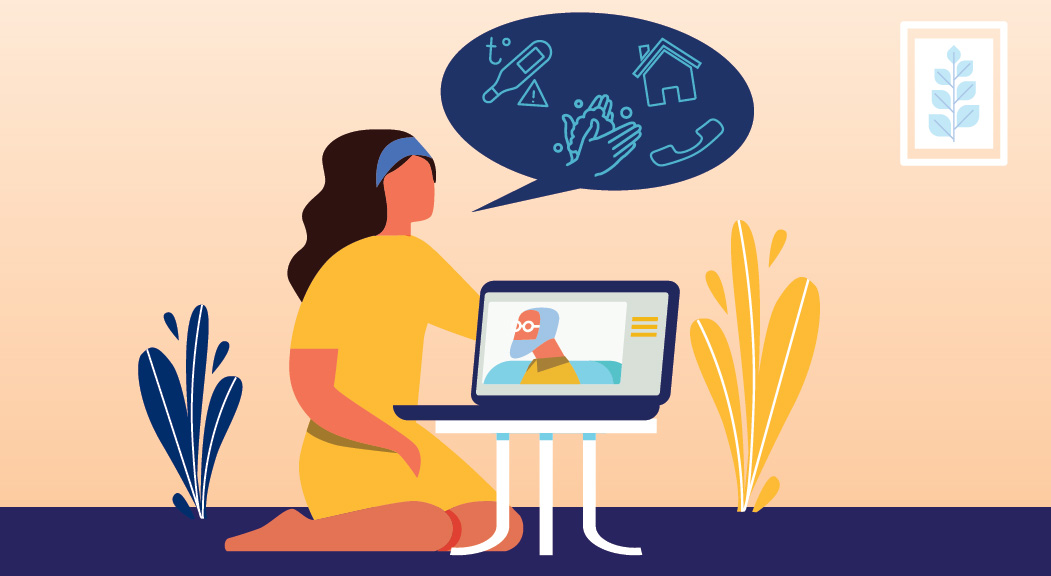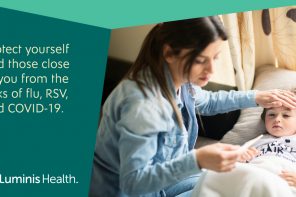The number of coronavirus (COVID-19) cases is growing daily in the U.S., and these are extraordinary times for all of us.
Over the last few weeks, we’ve all heard how important it is to work together to prevent the spread of COVID-19. Gov. Larry Hogan has banned public gatherings of 10 people or more people, and ordered shopping malls, restaurants and all non-essential businesses to close.
This means a drastic change in lifestyle for many people, and some may question whether these extreme measures are necessary – particularly older people who have survived difficult times, including illnesses, in the past.
If you have a parent or a grandparent who is questioning these mandates, here’s what to tell them.
Explain the risks associated with coronavirus. According to the Centers for Disease Control and Prevention (CDC), older adults and people of any age who have serious underlying medical conditions might be at higher risk for severe illness from COVID-19. Some of those underlying health conditions include heart conditions, high blood pressure, lung disease and diabetes.
If you are in this high-risk group, the CDC recommends stocking up on supplies, including medications. Remind parents and grandparents to practice social distancing by keeping at least six feet away from others, and avoiding crowds. People of all ages should wash their hands often and watch out for symptoms, including fever, cough and shortness of breath.
READ MORE: Coronavirus and high-risk individuals
Remind them that staying home is about protecting other people as much as it is about protecting themselves. Let older family members know that even if they catch the virus and recover quickly, they could still spread it to others who may not be as lucky and become very ill. Social distancing is meant to protect everyone in your community.
Offer to help set up food deliveries and other services to make their lives easier and safer. Many grocery stores and pharmacies offer delivery services. CVS Pharmacy has even waived delivery fees due to the pandemic. Many restaurants that have closed are also offering delivery and takeout services, and apps like DoorDash and Uber Eats make home delivery easier than ever. Some restaurants are offering free delivery, too. If you have family members who are missing their favorite restaurant meals, let them know that they can still “dine out” in the comfort of their own home. Remind your loved ones of these services and help them take advantage of them.
Let them know you’re only a phone call away. Staying homebound for days or weeks can be difficult for people of any age. Parents and grandparents with active social lives may have an especially hard time staying in their homes. This is why it’s important to reach out to them and let them know you’re thinking of them. Give them a call and chat with them about their worries and concerns.
And think about virtual visits, too. See if you can FaceTime, Zoom or Skype older members of your family so you can interact “in person.” Walk them through how to use this technology if they are unfamiliar with it.
This new way of life is challenging for everyone, and we don’t know how long it is going to last. But if we remain patient and support each other, we will get through this together.
 Lil Banchero is the senior director of AAMC’s Institute for Healthy Aging.
Lil Banchero is the senior director of AAMC’s Institute for Healthy Aging. 



